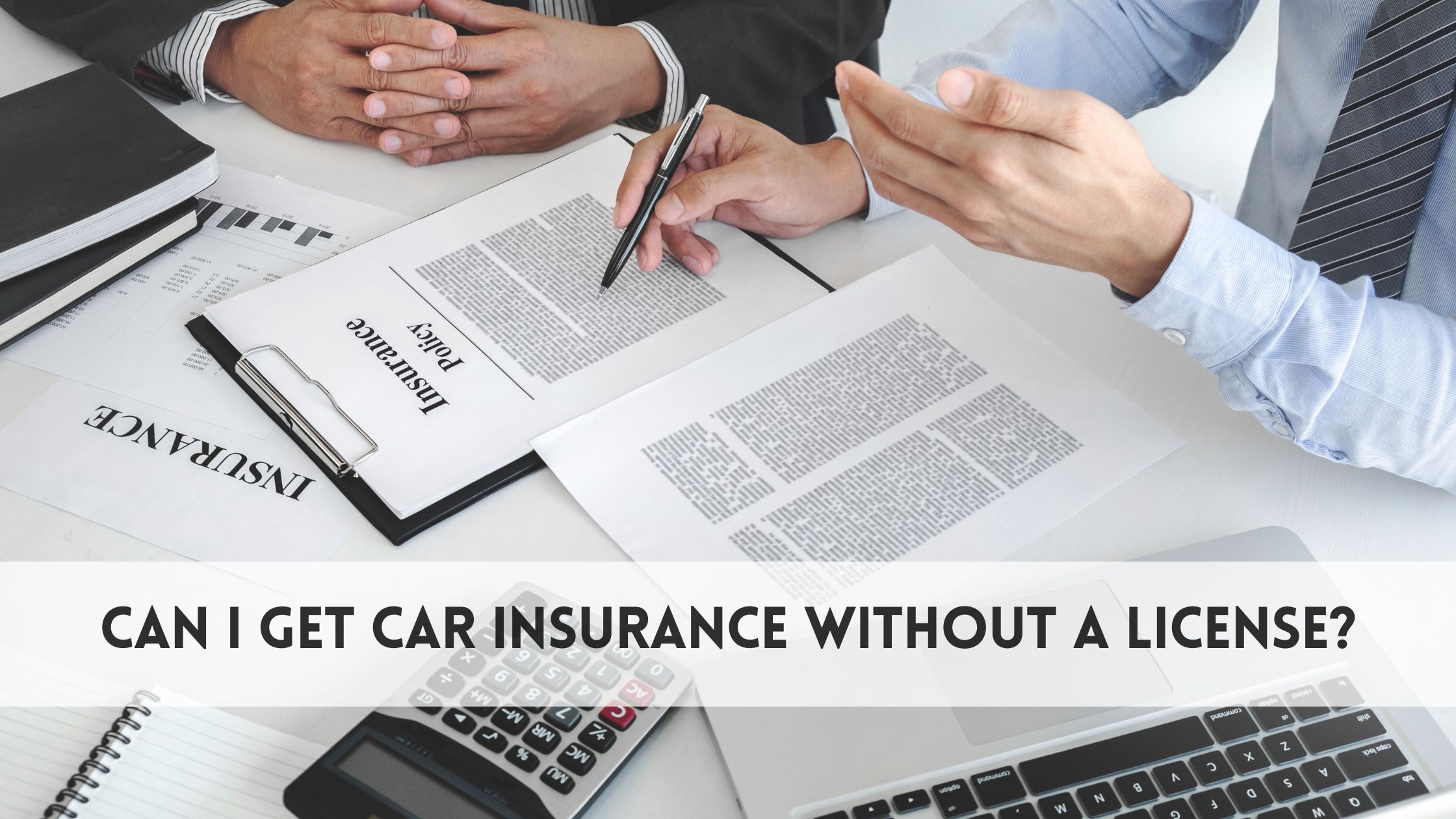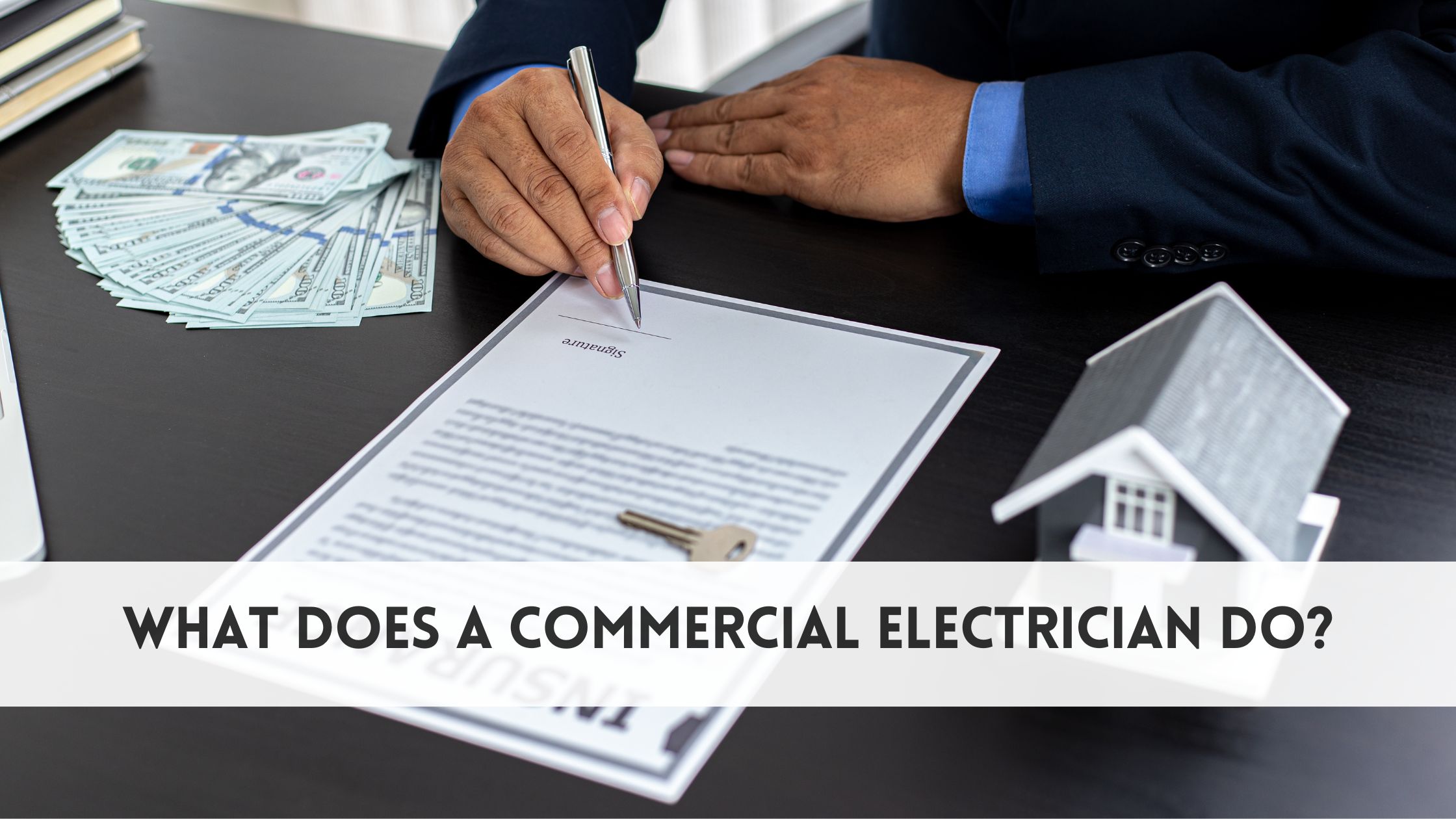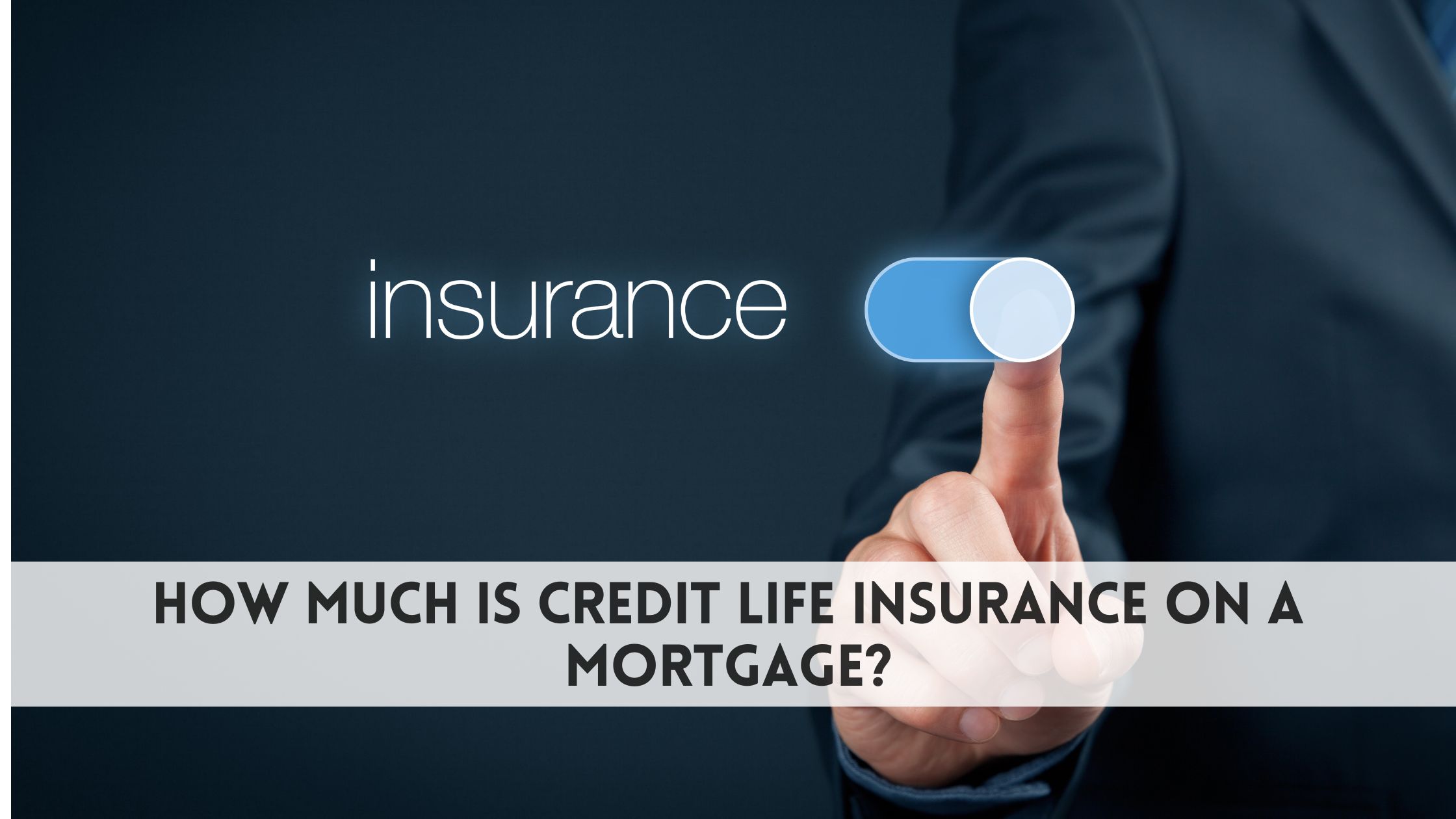Do You Need Umbrella Insurance?

There are many different types of insurance policies out there, and not every individual needs the same amount of coverage. You may be familiar with policies like homeowners’ insurance, auto insurance, and renters’ insurance, but one you may not know about is umbrella insurance. In this article, we’ll take a closer look at what umbrella insurance is, who needs it, and what exactly it can cover.
If you’re still not sure whether you should purchase an umbrella insurance policy, count on Hull Maynard Hersey Insurance to point you in the right direction. We are here to provide personalized service from experienced agents, not long wait times on hold with a call center.
What is umbrella insurance?
Umbrella insurance, also called umbrella liability coverage, isn’t a standalone policy. It is a form of excess liability insurance. This means umbrella insurance provides coverage in excess of what your other policies cover.
Imagine you’re at fault in an auto accident where you damage someone else’s vehicle. If your auto insurance’s coverage limit for property damage is too low to pay for repairs, an umbrella policy can help make up the difference.
Umbrella insurance does more than just increase the financial limits of your coverage. Depending on the specific language of a policy, umbrella insurance is designed to cover damages not addressed in your other insurance policies. It may even cover the cost of judgments found against you in the outcome of a lawsuit.

Who can benefit from umbrella insurance coverage?
If you have significant assets, there’s no question about whether you should have umbrella liability coverage. In situations where you may face a lawsuit pursuing damages for bodily injuries or property damage, your assets could be at risk. Umbrella insurance can provide extra protection to cover legal fees, medical bills, property repairs, and a wide range of other costs that may be pursued in civil court proceedings.
However, even if you don’t have many assets, your financial well-being could be at risk if you are taken to court. Estimated future income can be considered when determining settlements, which means that simply having a high earning potential could make umbrella insurance well worth the cost.
Also important to know is that umbrella insurance covers not just policyholders but also their households or families. If you are the parent of a teenage driver who causes injury or damage to someone’s property in an accident, an umbrella policy may cover this liability as well.
Certain property features can also make excess liability coverage a good choice. For example, if you have a pool or trampoline, it’s more likely that someone could be injured on your property. If you own a boat, snowmobile, ATV, or another recreational vehicle, umbrella insurance can extend your liability protection in the event of an accident.
Whenever an accident occurs, at least one involved party will be accountable for covering the cost of injuries and property damage. Umbrella insurance can offer you additional peace of mind should you be held liable.
What does umbrella insurance cover?
As a form of excess liability insurance, umbrella policies can cover your personal liabilities in a wide range of scenarios. Here’s a closer look at what excess liability insurance will cover.
Bodily Injury
Umbrella insurance can help cover excess costs of medical liability claims against you in events ranging from car accidents to accidents on your property like slips, trips and falls or even dog bites.
Property Damage
Property damage covered by umbrella insurance may include vehicular damage in an accident where you or a member of your household is at fault, accidental damage your child caused on school property, or damage to someone else’s home.
Other Personal Liabilities
What makes umbrella policies unique from other forms of excess liability insurance is their ability to expand the scope of your coverage beyond your underlying policies. An umbrella policy can cover liabilities your other policies don’t.
For example, an umbrella policy might cover the cost of legal judgments for things like libel and slander. While that may not sound like something the average person needs, it can be beneficial if you are a public figure or employed in a controversial field. In the digital age, umbrella insurance may even protect you from things you’ve posted online, such as a negative review of a business.

What isn’t covered by umbrella insurance?
Importantly, umbrella insurance doesn’t cover costs related to your own injuries or property damage. For example, if you are injured in a car accident, your own umbrella policy will not cover your own medical expenses.
Additionally, injuries that were directly caused by malicious or intentional actions on your part are not covered. Umbrella insurance also will not cover any liabilities incurred by your business or professional activities—you’ll need general liability insurance for these types of incidents.
How much does umbrella insurance cost?
Most people will find that umbrella insurance is well worth the cost because it is generally very affordable. Premiums are often small relative to the premiums paid for underlying policies. Costs may be further driven down by bundling policies for discounts with different carriers.
With Hull Maynard Hersey Insurance, you can find the exact level of coverage you need, at a cost that’s affordable for your budget. We work with a large network of national providers while offering the boutique service of a locally owned agency. Contact us today for a free quote in Vermont, New Hampshire, Maine, New York, or Massachusetts.



